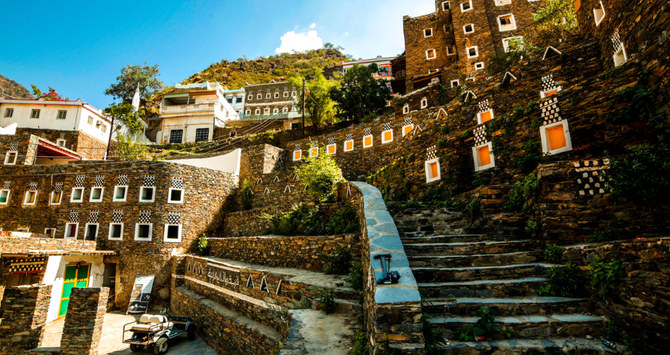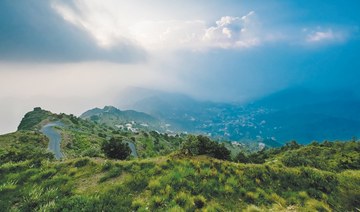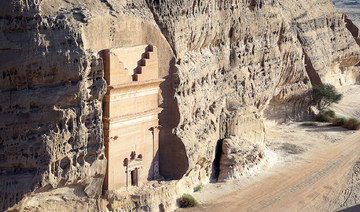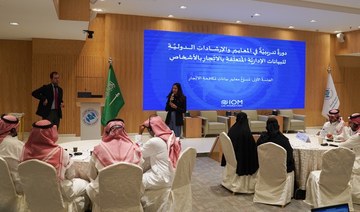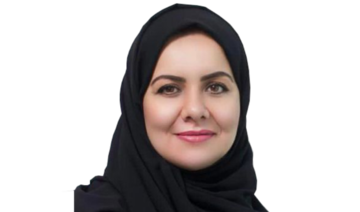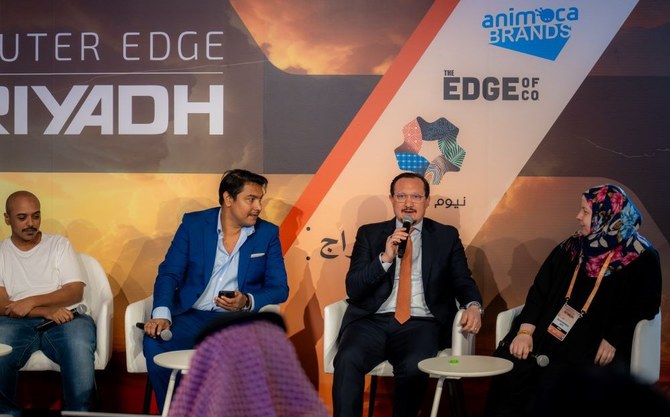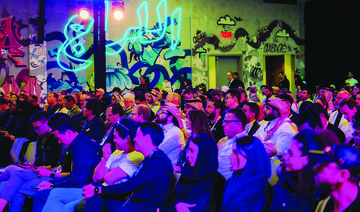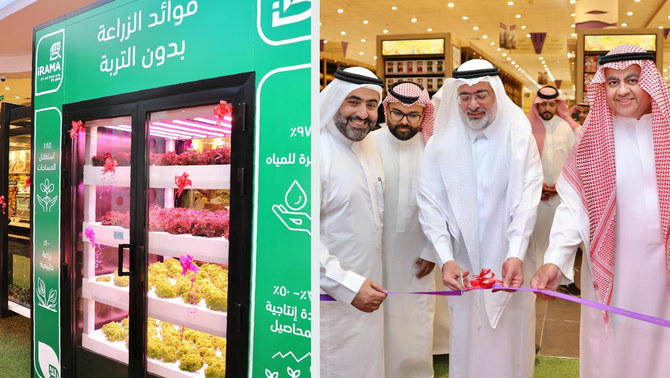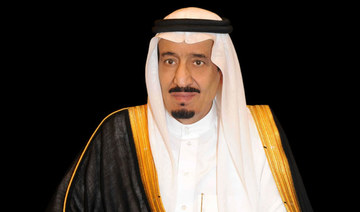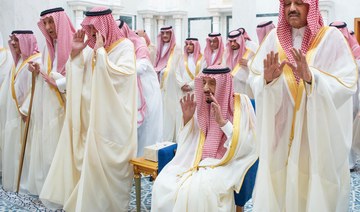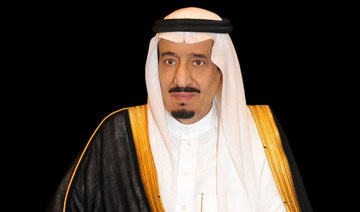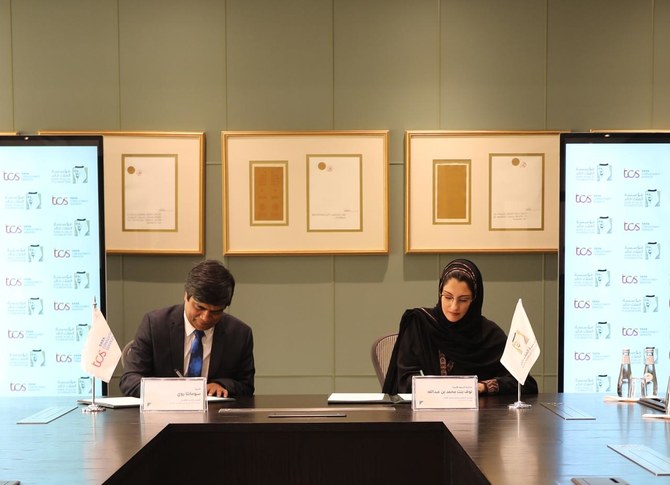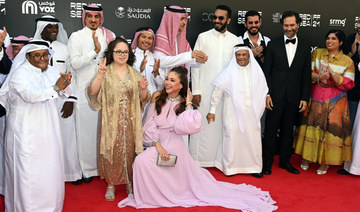RIYADH: In an effort to kick-start tourist activity as the Kingdom begins to emerge from the coronavirus lockdown, the Saudi Ministry of Tourism is launching a “Saudi Summer” initiative with the slogan “tanaffas,” which is Arabic for breathe.
The plans for the initiative, which aims to promote domestic tourism, were discussed during a virtual press conference on Wednesday. They include the implementation of strict safety protocols to protect tourists.
Tourism Minister Ahmed Al-Khateeb announced the campaign in a virtual press conference on Wednesday.
“Saudi Summer comes as a wonderful opportunity to discover multiple tourist destinations in Saudi Arabia, alongside its historical, natural and cultural treasures,” he said. “The campaign also contributes to enhancing efforts by the Ministry of Tourism to revive the tourism sector, which was most affected by the repercussions of the COVID-19 crisis.”
He also said that the ministry is working on a series of reforms in a number of sectors to improve the tourism options available to people within the country.
“We are working toward political reforms, social reforms and economic reforms,” he said, adding that a committee of ministers responsible for these sectors will meet four times a year to minimize the obstacles to achieving the tourism goals.
“The amount of work that is currently being done is humongous, and we will begin to reap the benefits of this labor within two or three years,” Al-Khateeb said.
Fahad Hamidaddin, the chief of investment, strategy and tourism marketing, said the ministry carried out an extensive survey on tourism about a month ago.
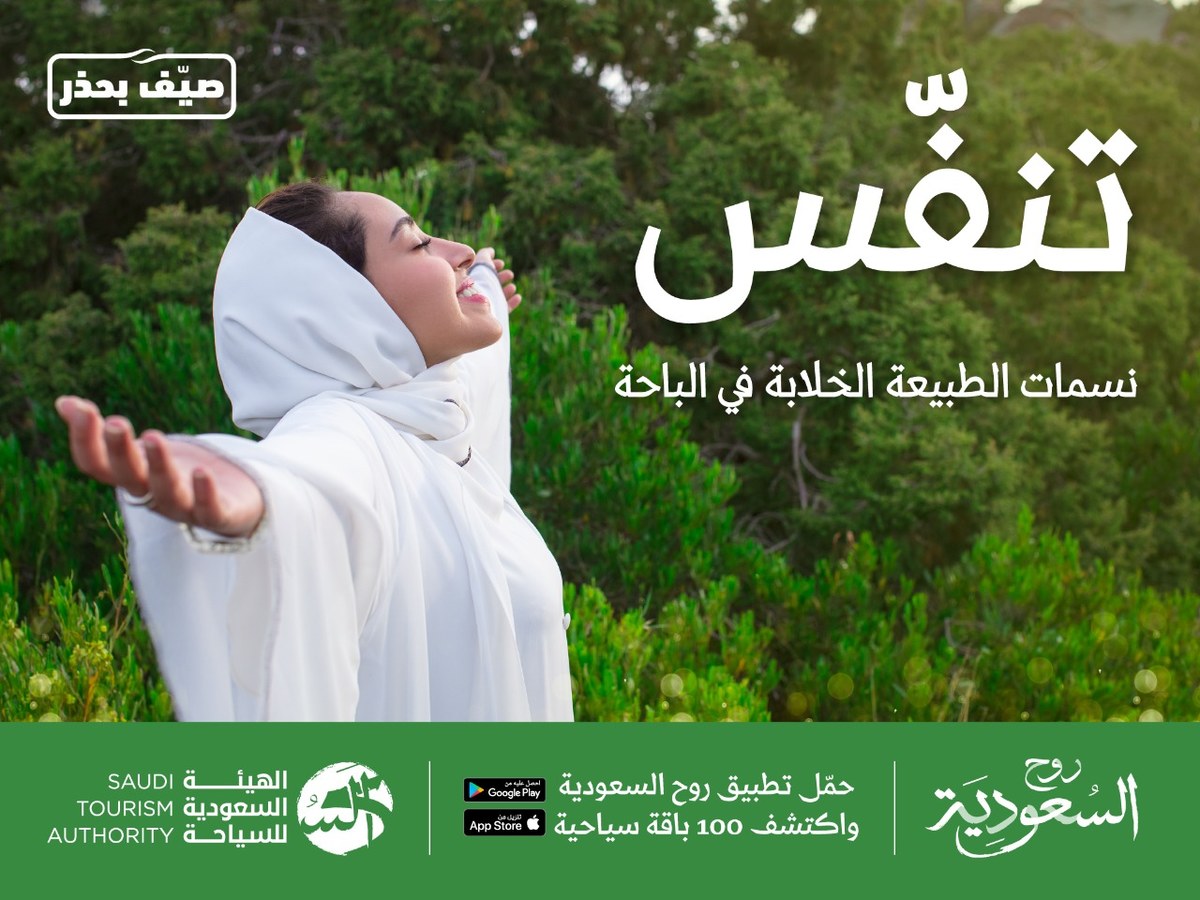
This provided crucial information that is being used to decide the best course of action to support the tourism industry as the coronavirus lockdown is relaxed and life gradually begins to return to normal in the Kingdom.
“When we polled people on whether or not they wanted to leave the Kingdom for the summer, 81 percent replied in the negative, despite the fact that about 63 percent of them wanted to go out and have fun,” said Hamidaddin.
According to the same survey, 57 percent of Saudi residents were concerned about traveling on holiday by plane, but 85 percent were still planning to take a break of around 10 days this year. The survey also showed that 78 percent were curious about exploring their own country.
“A lot of tourism companies were afraid of the impact the COVID-19 pandemic would have on their business. When we showed them the data, we were able to get them on board with our plans and further one of our ultimate goals, which is to empower local businesses in the industry.
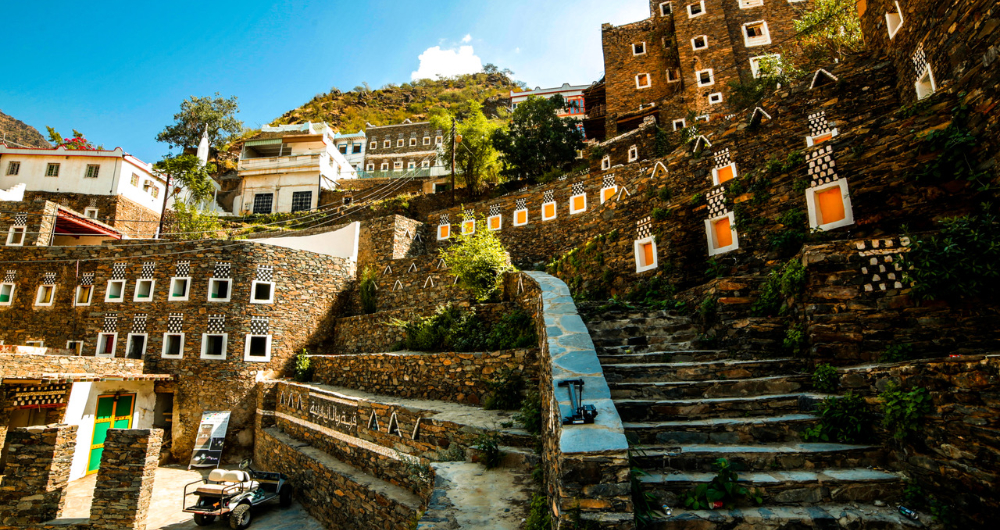
“We found that people are looking for coastlines (and) mountain ranges (to visit), and passed this sort of information on to local tourism companies.
“The pandemic has left people feeling stifled. Our role is to turn that feeling into something that could help them relax. People just want to breathe right now,” he added, which provided the inspiration for the Saudi Summer slogan.
From Jun. 25 to Sept. 30, the campaign is promoting 10 domestic destinations: Jeddah and the King Abdullah Economic City, Abha, Tabuk, Alkhobar, Dammam and Ahsa, Baha, Taif, Yanbu and Umluj, and Riyadh.
The ministry hopes that the diversity of these locations, which between them offer fertile valleys, quiet beaches, dense forests, cool climates, mountains, vibrant cities, historic villages and more, will encourage travelers to visit multiple destinations and take advantage of the different packages and activities available.
While foreign travel is still on hold because of the global pandemic, domestic flights resumed in Saudi Arabia at the beginning of this month. However, COVID-19 remains a serious threat and therefore safety protocols must be strictly followed.

Mohammed Al-Modhayan, a marketing adviser to the ministry, said that all possible precautions are being taken to ensure the safety of Saudi citizens and residents traveling within the Kingdom.
“The protocols in place have been set in accordance with guidance and approval from the Ministry of Health, and executed by the Ministry of Tourism, which is also responsible for providing licenses to companies such as hotels and tourist attractions,” he said.
“Any of those companies will need to follow said guidelines to obtain and retain their licenses.”
Al-Khateeb remained optimistic about the future, expressing his confidence in Saudi Arabia’s ability to move past the crisis once the worst was over.
“The tourism sector resumes its activities with a renewed spirit and great hopes for moving forward at an accelerated pace, to achieve our aspirations in harmony with Saudi Vision 2030, which seeks to pursue economic diversification, attract investments, increase revenues and create job opportunities for citizens,” he said.
Many Saudis, who had been waiting to explore their country’s hidden beauty, have welcomed the government’s decision to focus on domestic tourism.
Dr. Sakher Al-Qahtani, a dentist living in Riyadh, had the time of his life vacationing in Abha this summer after the lockdown was lifted.
He recommended the place to anyone looking for a place to start domestic tourism experience.
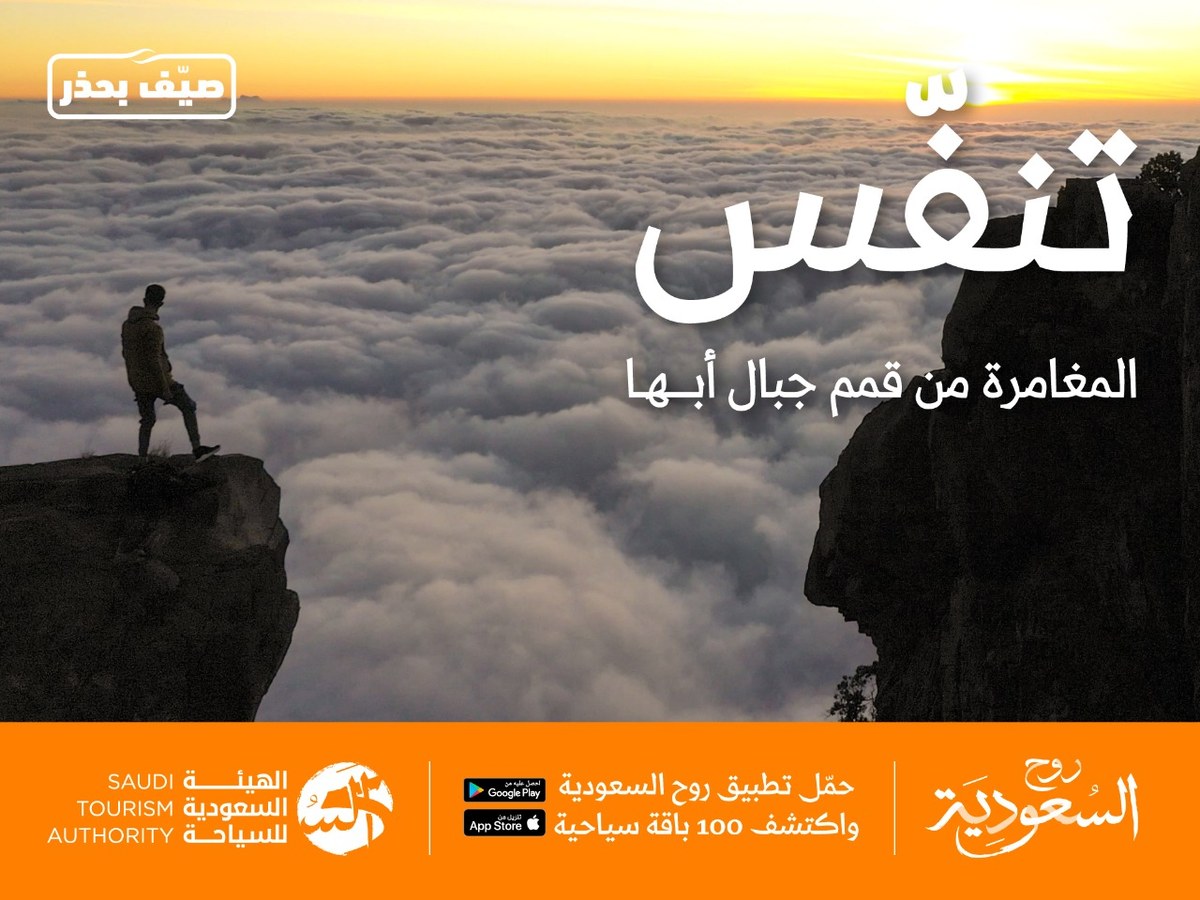 Al-Qahtani said Abha had changed dramatically since the ministry started developing Saudi Arabia into a tourist destination and regulating tourism activities.
Al-Qahtani said Abha had changed dramatically since the ministry started developing Saudi Arabia into a tourist destination and regulating tourism activities.
“The shops, restaurants, and cafes here are on a par with what you would find in Riyadh,” he told Arab News.
“And the activities on offer have also received a significant upgrade. You can go hiking or hang-gliding in the mountains, or take a day trip to one of the nearby villages for a tour of incredibly well-preserved historical sights. And even the beach isn’t that far away by car, only about three hours.”




